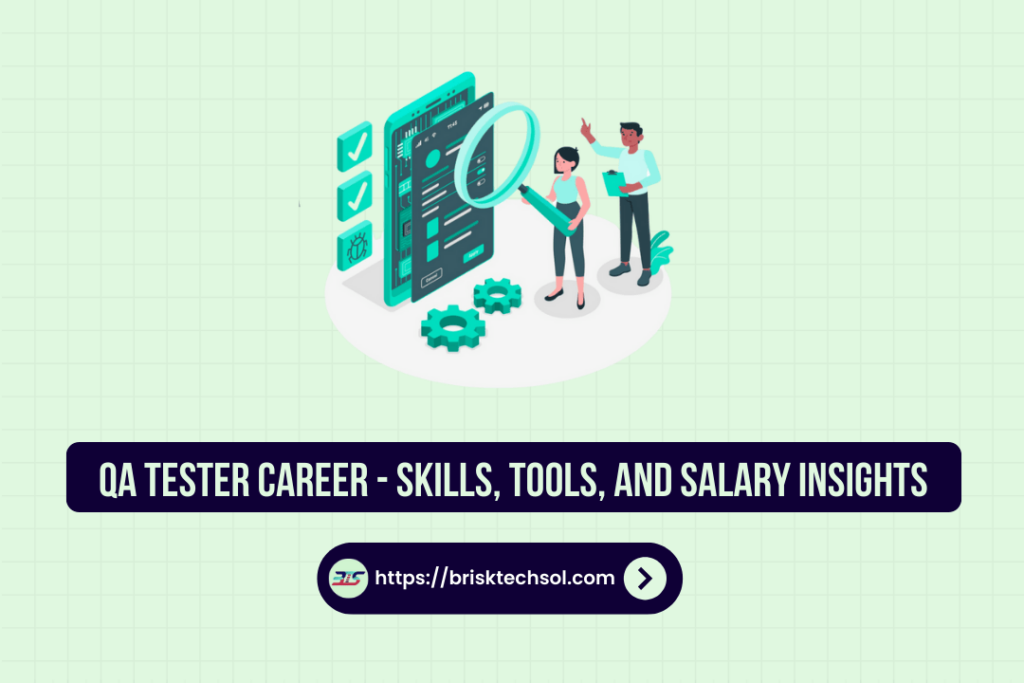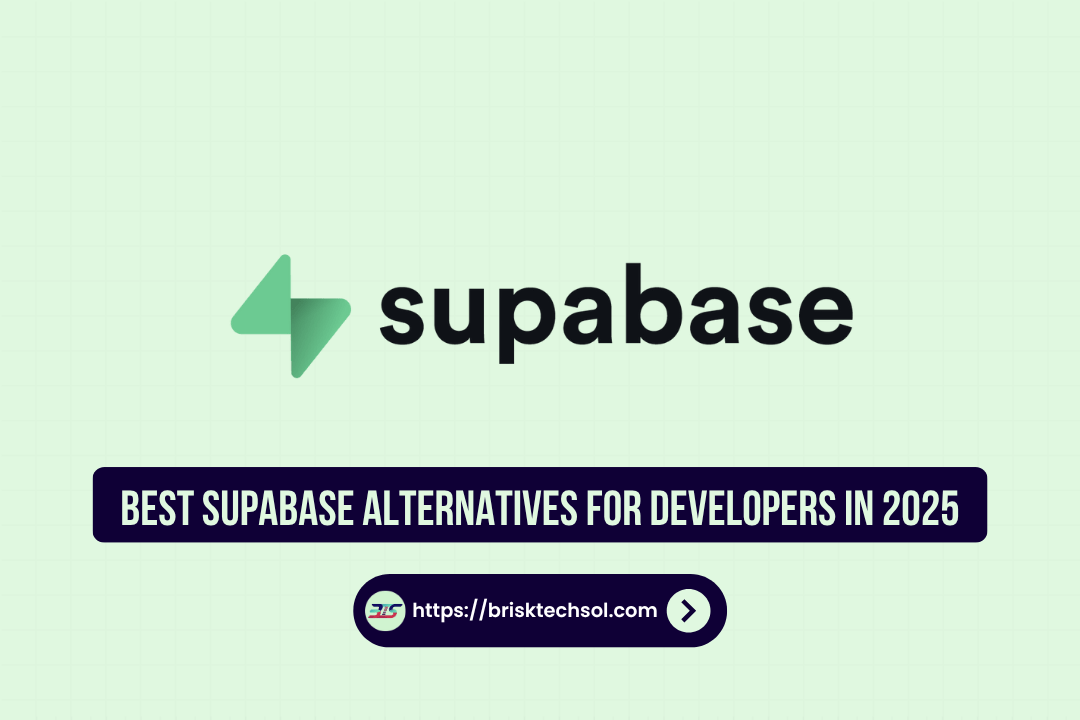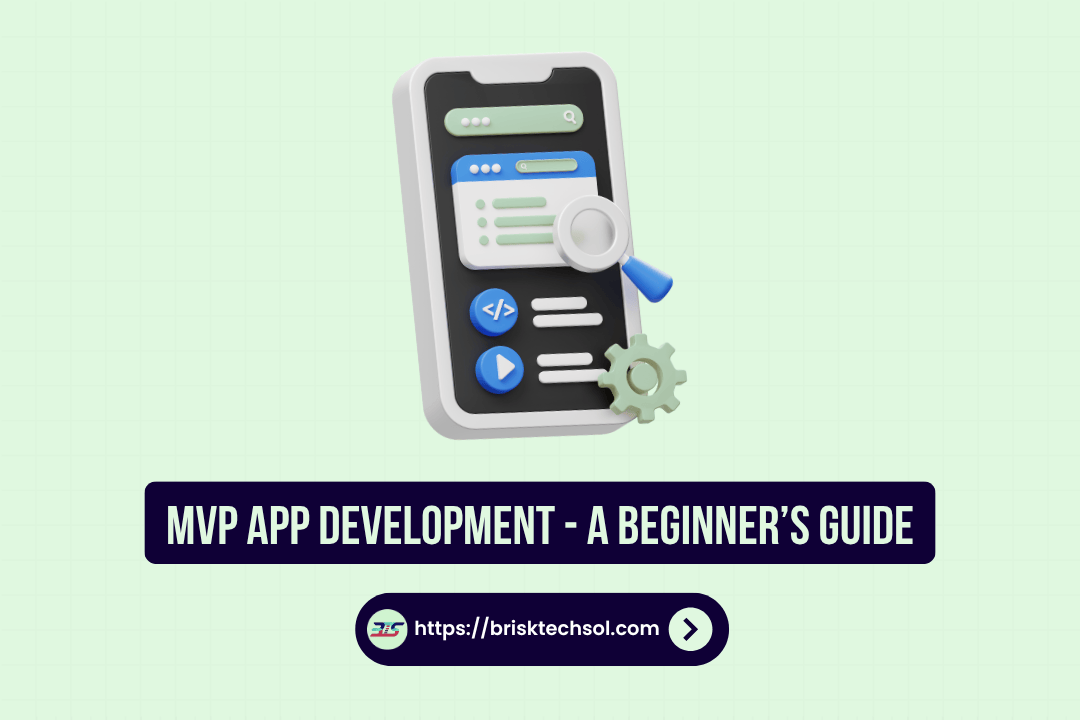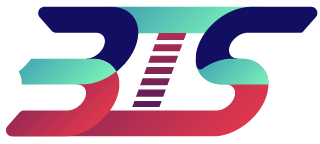In software development industry, ensuring the reliability of applications is crucial. This is where Quality Assurance (QA) Testers play a key role. They are responsible for testing software to identify and fix bugs before release. This guide will cover everything about QA testing, including skills, tools, career paths, and salary insights.
What is a Quality Assurance Tester?
A QA tester is responsible for ensuring that software meets the required quality standards before deployment. They work closely with developers, product managers, and business analysts to identify potential issues, inconsistencies, and performance problems.
Responsibilities of a QA Tester:
- Testing software applications to identify bugs and performance issues.
- Writing and executing test cases and test scripts.
- Reporting and documenting software defects.
- Ensuring the application meets business and user requirements.
Difference Between QA, QC, and Software Testing
| Aspect | Quality Assurance (QA) | Quality Control (QC) | Software Testing |
|---|---|---|---|
| Focus | Process Improvement | Product Inspection | Finding Bugs |
| Approach | Preventative | Corrective | Execution-based |
| Scope | Entire SDLC | Post-development | Functional Testing |
Manual vs. Automated Testing: Which One is Better?
QA testers use two main testing methods: manual and automated testing. Each has its own benefits and is used in different scenarios.
Manual Testing:
- Best for exploratory and usability testing
- Requires human intervention to validate software behavior
- Used in early development stages
- Time-consuming but necessary for complex cases
Automated Testing:
- Uses scripts and tools to perform repetitive tests
- Ideal for regression and performance testing
- Faster, more efficient, and reduces human errors
- Requires knowledge of testing frameworks like Selenium, Cypress
Most companies use a combination of both to ensure comprehensive software testing.
Essential Skills for QA Testers
A successful QA tester needs a mix of technical skills, analytical thinking, and communication abilities.
Technical Skills:
✔️ Manual Testing – Writing and executing test cases
✔️ Automation Testing – Using tools like Selenium, TestNG, JUnit
✔️ Database Knowledge – Understanding SQL queries for backend testing
✔️ Bug Tracking Tools – Jira, Bugzilla, Trello
✔️ API Testing – Postman, SoapUI, RestAssured
Soft Skills:
✔️ Attention to Detail – Spotting minor yet critical issues
✔️ Problem-Solving – Debugging and troubleshooting software defects
✔️ Communication – Documenting test cases and collaborating with developers
✔️ Critical Thinking – Identifying potential software vulnerabilities
Mastering these skills enhances your ability to deliver high-quality software efficiently.
Common Types of Software Testing
QA testing includes multiple testing types, each serving a different purpose.
Most Common Software Testing Types:
Functional Testing – Validates that software functions correctly
Performance Testing – Checks system speed and responsiveness
Security Testing – Identifies vulnerabilities and risks
Usability Testing – Ensures user-friendliness and intuitive design
Compatibility Testing – Tests software across different devices and browsers
Using a mix of these testing techniques helps deliver robust, secure, and error-free software.
Top Tools Used in QA Testing
QA testers rely on various tools to streamline testing processes.
Popular QA Testing Tools by Category:
| Category | Popular Tools |
|---|---|
| Automation | Selenium, Cypress, TestComplete |
| Bug Tracking | JIRA, Bugzilla, Trello |
| Performance | JMeter, LoadRunner |
| API Testing | Postman, SoapUI |
Learning these tools makes you a competitive candidate in the QA job market.
How to Become a QA Tester?
Becoming a QA tester doesn’t always require a computer science degree—many testers come from diverse backgrounds.
Step-by-Step Guide to Becoming a QA Tester:
1️⃣ Learn QA Fundamentals – Understand testing concepts, methodologies
2️⃣ Get Certified – ISTQB, CSTE, CP-SAT
3️⃣ Gain Hands-on Experience – Work on real projects, internships, freelance work
4️⃣ Master Automation – Learn Selenium, JUnit, Cypress
5️⃣ Build a Portfolio – Showcase test scripts, case studies, reports
6️⃣ Apply for Jobs – Look for entry-level QA positions
By following these steps, you can build a successful career in QA testing.
Salary & Job Outlook for QA Testers
QA testers enjoy stable job growth and competitive salaries across various industries.
Average QA Tester Salaries by Region:
| Country | Entry-Level Salary | Experienced Salary |
|---|---|---|
| USA | $55,000/year | $100,000/year |
| UK | £30,000/year | £60,000/year |
| India | ₹4,00,000/year | ₹12,00,000/year |
The demand for QA testers is expected to increase by 22% by 2030, making it a lucrative career path.
Challenges Faced by QA Testers
QA testing isn’t without its challenges. Understanding these common obstacles can help you prepare for a smoother career.
Common QA Challenges & Solutions:
Tight Deadlines → Automate repetitive tasks for faster execution
Changing Requirements → Work closely with development teams to stay updated
Repetitive Work → Implement test automation to reduce manual effort
Lack of Documentation → Maintain well-documented test cases
Being proactive in handling these challenges helps ensure high-quality software testing.
Keytakeaways
Key Takeaways
QA Testers Ensure Software Quality – They detect bugs, verify usability, and improve software performance before launch.
Manual vs. Automated Testing – Manual testing is best for exploratory and usability testing, while automation speeds up repetitive tasks.
Essential Skills – Includes test planning, bug tracking, automation tools (Selenium, Cypress), SQL, API testing, and strong problem-solving abilities.
Top Testing Tools – JIRA (bug tracking), Selenium (automation), Postman (API testing), and JMeter (performance testing).
Career Path & Learning – No degree required; certifications like ISTQB, CSTE, and CP-SAT help. Hands-on experience is key.
Salary Trends – Entry-level salaries start at ~$55K/year in the US, with experienced testers earning ~$100K+.
Challenges in QA – Includes tight deadlines, changing requirements, and repetitive work, which can be mitigated with automation.
FAQ’S
1. Is a degree required to become a QA Tester?
No, many QA testers enter the field through self-learning, certifications, and hands-on experience.
2. What certifications are best for QA testers?
Recommended certifications include:
✔️ ISTQB (International Software Testing Qualifications Board)
✔️ CSTE (Certified Software Tester)
✔️ CP-SAT (Certified Professional Selenium Automation Tester)
3. How long does it take to become a QA Tester?
With dedicated learning and practical experience, you can become job-ready in 3-6 months.
4. What industries hire QA testers?
QA testers are in demand in IT, finance, healthcare, gaming, and e-commerce.
5. What is the best way to learn QA testing?
- Take online courses (Udemy, Coursera)
- Work on open-source projects
- Join QA communities and forums









